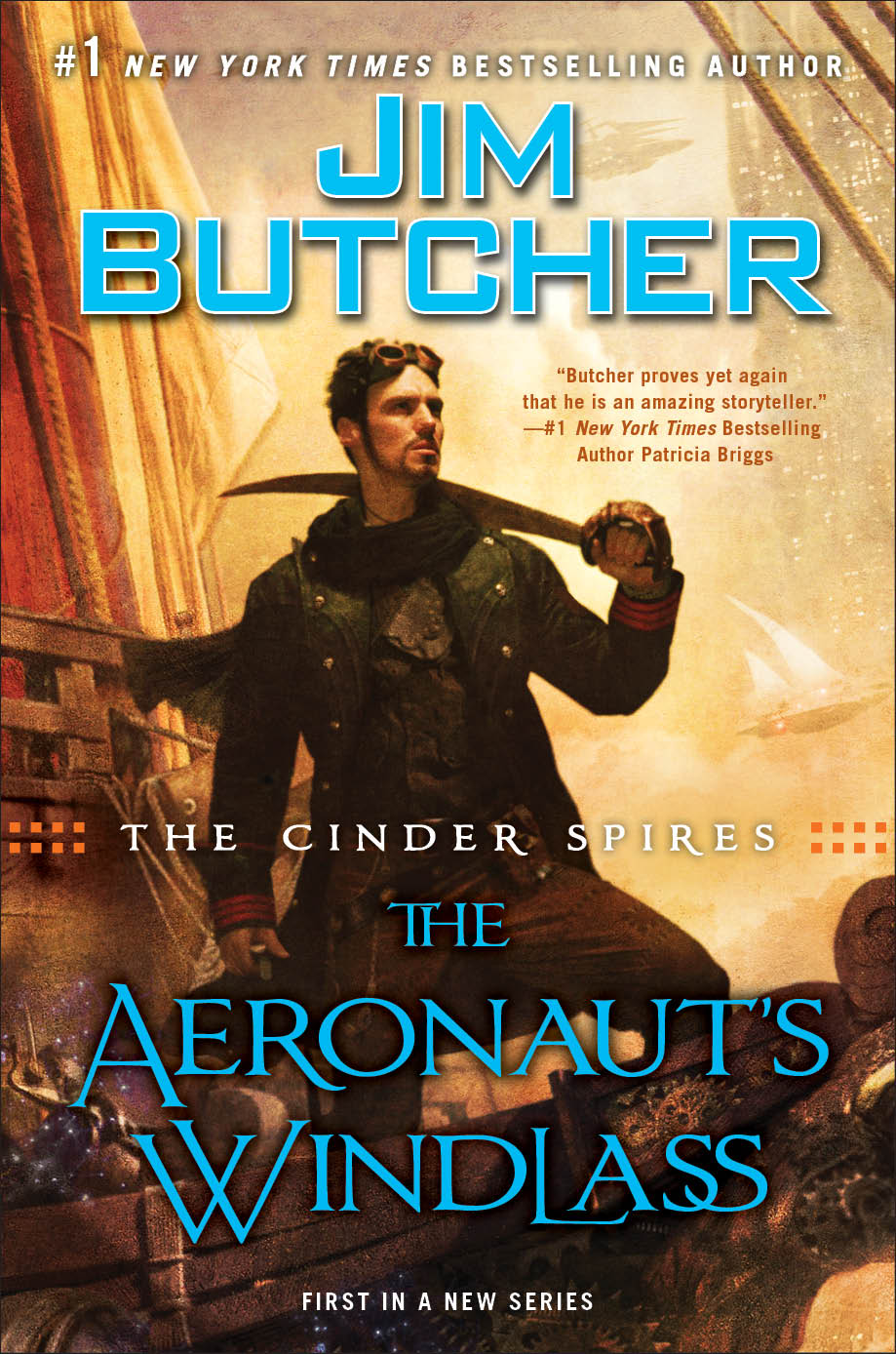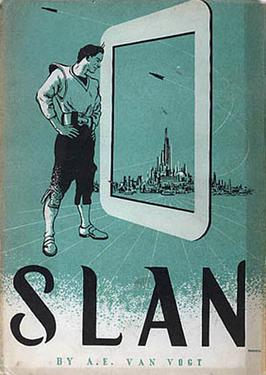The Lansing Community Library will present a three-part book discussion series beginning in October 2016 on “Childhood Classics.” Members of the community are invited to attend the free programs, which will take place at the Lansing Community Library, 730 1st Terrace, Lansing, Kansas.
The series is sponsored by the Kansas Humanities Council (KHC), a nonprofit cultural organization, as part of its Talk About Literature in Kansas (TALK) program. KHC is furnishing the books and discussion leaders for the Lansing TALK series. For more information about KHC, visit www.kansashumanities.org.
Childhood Classics
Remember curling up in a cozy chair as a child with The Lion, the Witch and the Wardrobe, or climbing onto the lap of a favorite aunt to read The Jungle Book? The classic books of our childhood allowed us to travel the world, visiting some of the most famous living rooms, barns, and castles in literature. As adults, we discover that the books that delighted us as children still have a great deal to say.
“Only the rarest kind of best in anything is good enough for the young,” writes Walter de la Mare. In Childhood Classics, we encounter literature that not only entertains and educates but also endures, thanks to superb plots, realistic characters, and universal themes. Any children’s book worth its paper must endure for adults as well, telling our stories of the past as well as our possibilities for the future. The books in this series, written by authors in Great Britain and the United States, can all be read for pleasure at any age and also for insight into the history of child-rearing, family, and community life from the Victorian area to the present.
These staples of childhood libraries of the 20th century also allow us to examine the very fibers of our culture. Society’s most cherished values are often reflected most clearly in the books and stories we give to young people. The importance of family and love, the courage of being true to oneself, the need for friendship and faith – all of these qualities unfold in the books that we continue to pass down from generation to generation. Most of all, these books honor the power of the imagination to shape and inform our visions of ourselves and our world.
Redeem Your Golden Ticket
 The first meeting is scheduled for Thursday, October 13, 2013, at 5:30 p.m. Nicolas Shump (pictured at right) will lead discussion of Charlie and the Chocolate Factory by Roald Dahl. The gates of Mr. Willy Wonka’s famous chocolate factory are opening at last, and only five children will be allowed inside: the good-hearted Charlie and a pack of spoiled, destructive brats. Nicolas Shump teaches history and English at the Barstow School in Kansas City, Missouri. He received his M.A. in American Studies from the University of Kansas. Shump joined the KHC TALK program as a discussion leader in 2012.
The first meeting is scheduled for Thursday, October 13, 2013, at 5:30 p.m. Nicolas Shump (pictured at right) will lead discussion of Charlie and the Chocolate Factory by Roald Dahl. The gates of Mr. Willy Wonka’s famous chocolate factory are opening at last, and only five children will be allowed inside: the good-hearted Charlie and a pack of spoiled, destructive brats. Nicolas Shump teaches history and English at the Barstow School in Kansas City, Missouri. He received his M.A. in American Studies from the University of Kansas. Shump joined the KHC TALK program as a discussion leader in 2012.
The idea of a special literature for children dates only to the nineteenth century, when writers began to produce both fantasy and realistic family stories for young readers. “Childhood Classics” features some of the most enduring books written for children over the past century in the U.S. and Great Britain. Adult readers will discover that the books that entertained and educated them as children have much to say to them now about courage and faith, friendship, character, and the power of love.
Mark Your Calendar
In this series, readers will also discuss A Little Princess by Frances Hodgson Burnett on January 12, 2017 and The Wind in the Willows by Kenneth Grahame on April 13, 2017.
To check out books and for more information about the reading series, contact the Lansing Community Library at 913-727-2929 or visit their website at http://lansing.mykansaslibrary.org.
Reading List
Charlie and the Chocolate Factory by Roald Dahl (1916-1990)
 Roald Dahl’s very witty and popular novel tells the story of a good-hearted boy living in the most dire of economic conditions. Young Charlie is a shining light, especially among four spoiled, misguided, and destructive children who, along with Charlie, find the golden tickets in their candy bars that win them a tour of Willy Wonka’s factory. This humorous and satirical novel also speaks of how, with enough trust and love, a child can inspire the adults around him and transform his family’s life. Dahl, often called a literary genius, creates in Charlie and the Chocolate Factory a modern-day fairy tale about the evils of greed and corruption and the wonders of honesty. 162 pp.
Roald Dahl’s very witty and popular novel tells the story of a good-hearted boy living in the most dire of economic conditions. Young Charlie is a shining light, especially among four spoiled, misguided, and destructive children who, along with Charlie, find the golden tickets in their candy bars that win them a tour of Willy Wonka’s factory. This humorous and satirical novel also speaks of how, with enough trust and love, a child can inspire the adults around him and transform his family’s life. Dahl, often called a literary genius, creates in Charlie and the Chocolate Factory a modern-day fairy tale about the evils of greed and corruption and the wonders of honesty. 162 pp.
A Little Princess by Frances Hodgson Burnett (1849-1924)
 Burnett’s turn-of-the-century Cinderella story tells of a little girl who goes from riches to rags to riches again, all along maintaining her compassion and love for those around her. After wealthy Sara Crewe moves into a strict girls’ boarding school, she learns that her father is dead, leaving her both penniless and an orphan. Her faith in her father and her sense of justice enable her to overcome poverty, hardship, and abuse, and to create her own family and community. Burnett, a playwright and novelist for adults before she wrote children’s books, never over-simplifies the complexities of a dangerous world; at the same time, she never forgets what it’s like to view that world as a hopeful child. 242 pp.
Burnett’s turn-of-the-century Cinderella story tells of a little girl who goes from riches to rags to riches again, all along maintaining her compassion and love for those around her. After wealthy Sara Crewe moves into a strict girls’ boarding school, she learns that her father is dead, leaving her both penniless and an orphan. Her faith in her father and her sense of justice enable her to overcome poverty, hardship, and abuse, and to create her own family and community. Burnett, a playwright and novelist for adults before she wrote children’s books, never over-simplifies the complexities of a dangerous world; at the same time, she never forgets what it’s like to view that world as a hopeful child. 242 pp.
The Wind in the Willows by Kenneth Grahame (1859-1932)
 Few children’s books create such memorable characters as The Wind in the Willows, and few appeal as universally to both children and adults. The struggles of Badger, Mole, Water Rat, and the incorrigible Toad allowed Grahame to imbue his tale with the “deepest sense of the meaning of his own adult life,” says scholar Clifton Fadiman. The four animal characters, with all their foibles, exhibit many adult characteristics. They survive each others’ limitations and escapades, face the loss of their home due to corruption, and muster enough loyalty, ingenuity and humor to prevail over evil. In doing so, they show us how to survive our own personal challenges and limitations at home and at work, as adults. 244 pp.
Few children’s books create such memorable characters as The Wind in the Willows, and few appeal as universally to both children and adults. The struggles of Badger, Mole, Water Rat, and the incorrigible Toad allowed Grahame to imbue his tale with the “deepest sense of the meaning of his own adult life,” says scholar Clifton Fadiman. The four animal characters, with all their foibles, exhibit many adult characteristics. They survive each others’ limitations and escapades, face the loss of their home due to corruption, and muster enough loyalty, ingenuity and humor to prevail over evil. In doing so, they show us how to survive our own personal challenges and limitations at home and at work, as adults. 244 pp.







